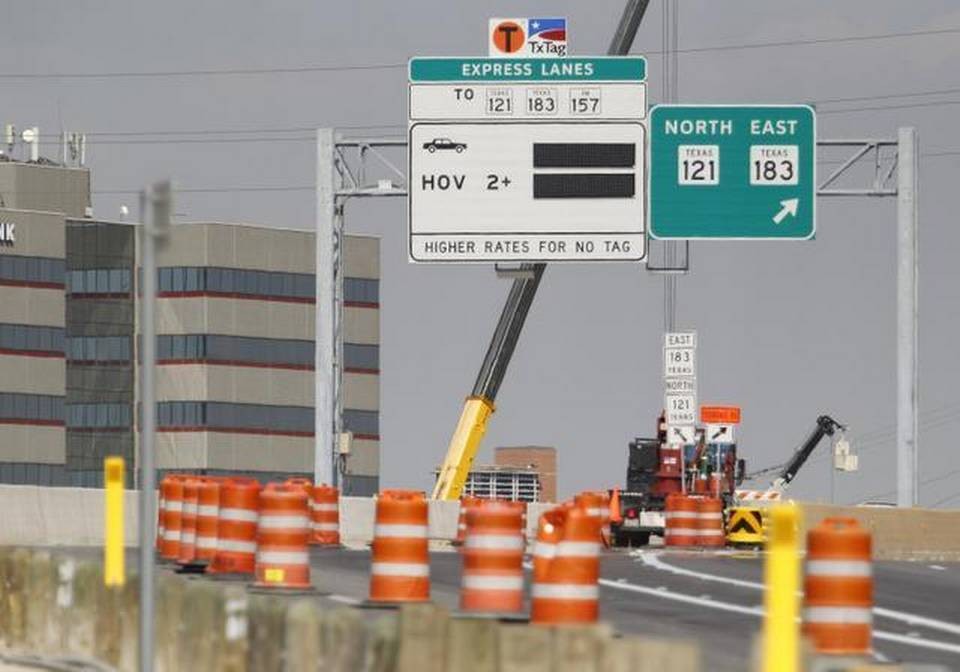Bill that could end basic phone service for some clears Senate panel
Post on: 29 Июль, 2015 No Comment

FRANKFORT A Senate panel on Tuesday approved a bill drafted by AT&T that would further diminish state regulation of the company and allow it to end basic phone service in less profitable parts of its service areas.
Opponents said Senate Bill 12 would let the state’s three major phone carriers AT&T, Windstream and Cincinnati Bell abandon rural communities where poor and elderly residents depend on basic land-line service, including operator assistance and 911.
AT&T hopes to force those residents to upgrade to more expensive service plans they don’t need and can’t afford, such as wireless or broadband, opponents said.
This bill represents a grave threat to continued, stand-alone, basic telephone service for many Kentuckians who don’t have the luxury of access to Twitter and all the things that we in urban areas tend to take for granted, said Tom FitzGerald, director of the Kentucky Resources Council.
Mary Pat Regan, president of AT&T Kentucky, said she and other executives at the company have heard the concerns of the bill’s opponents and tried to address them with modified language presented Tuesday.
The bill would affect new customers but wouldn’t affect prices or end basic land-line service, such as 911, for existing customers, Regan told lawmakers. Instead, it would spur innovation and create jobs, she said.
Unfortunately, you’ve heard some misleading claims made about Senate Bill 12, and I just want to set the record straight, Regan said. Simply said, it’s about updating Kentucky’s telecommunications law by reducing monopoly-era Band-Aids that apply only to traditional phone service providers.
However, critics said the language of the bill does not explicitly prohibit the phone carriers from abandoning their existing basic land-line service customers, despite the assurances of AT&T. They also said the bill could allow land-line service to be withdrawn from an area even if there wasn’t a competing and functionally equivalent service available to residents.
State law requires the companies to provide basic land-line service as the carriers of last resort for households throughout their territories. It also requires the Kentucky Public Service Commission to investigate and resolve consumer complaints. SB 12 would scrap all of that language.
The bill’s sponsor, Sen. Paul Hornback, sat flanked by two AT&T executives who helped write the measure as he testified to the Senate Committee on Economic Development, Tourism and Labor. AT&T also has been pushing similar measures in other state capitals this year.
The bill would eliminate needless, innovation-stifling regulation of local phone service by the PSC without harming consumers, said Hornback, R-Shelbyville.
To me, (the bill) takes the next step in modernizing telecommunications in the state of Kentucky, he told the panel. Kentucky’s telecommunications infrastructure must accommodate the rapidly changing market and new technologies that consumers are demanding.
The PSC, which regulates many of the state’s utilities, lost much of its authority over traditional phone carriers after the legislature’s passage of a 2006 deregulation bill. For example, as of last summer, the PSC no longer may rule on prices for any carriers that choose to deregulate.
AT&T and Cincinnati Bell have chosen to deregulate and recently increased their prices for basic residential phone service.
Hornback said more regulatory burdens must be lifted so AT&T can afford to invest in a modern communications system throughout Kentucky, including rural areas.
The bill would not permit AT&T or other major carriers to abandon existing basic land-line service customers, Hornback said. Rather, it would let the company shift its focus away from maintaining a land-line network in favor of more wireless and broadband options, he said.
AT&T has significant clout in Frankfort. It employs 31 legislative lobbyists, including a former PSC vice chairwoman and past chairs of the state Democratic and Republican parties, spending about $80,000 last year on legislative lobbying. Its political action committee has given at least $91,000 in state political donations since 2007.
The committee voted 9-1 to approve the bill and send it to the Senate floor. The no vote came from Sen. Denise Harper Angel, D-Louisville.
The language in SB 12 originally was in another measure, Senate Bill 135. Hornback said he put an amended version of his old bill into the shell of another bill to create some distance from his old bill, which had drawn opposition from consumer advocates, the AARP and various business groups.
I’m not trying to deceive anybody by changing the number, Hornback said in an interview before the hearing. Because of all the fuss and what the press had said about Senate Bill 135, we were hearing a lot of stuff about it. I figured, why not give it a fresh start?
Hornback defended AT&T getting to write a deregulation bill that would benefit the company. Nobody knows better than AT&T what the company needs the legislature to do for it, he said.
You work with the authorities in any industry to figure out what they need to move that industry forward, Hornback said. It’s no conflict.
John Cheves: (859) 231-3266. Twitter: @BGPolitics. Blog: bluegrasspolitics.bloginky.com














